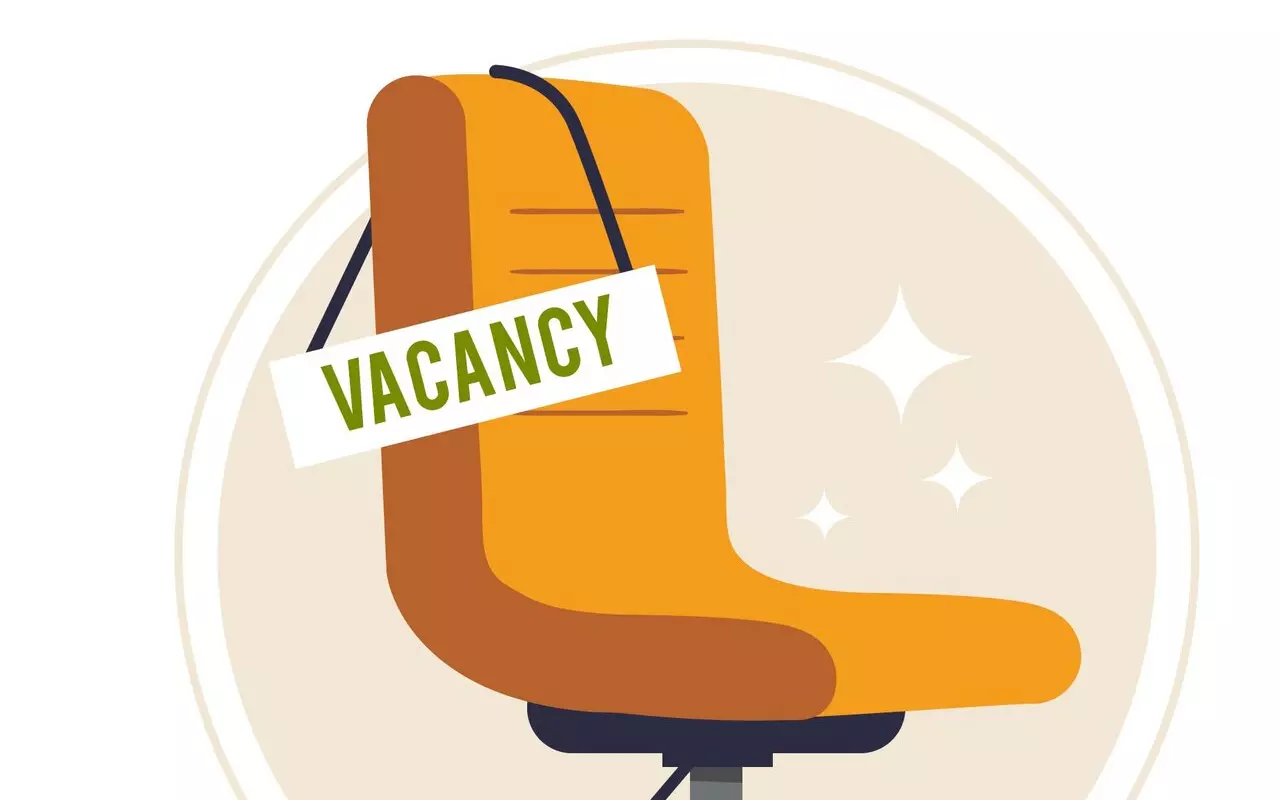No Cap On Number Of Children To Claim Maternity Leave Benefit: Supreme Court

The Supreme Court held that there is no ceiling or cap on the number of children to claim maternity leave benefit under Maternity Benefit Act.
The Court noted that in case of a woman employee having two or more than two surviving children seeking maternity leave, period of the benefit is reduced.
The Court allowed an appeal filed by woman government employee from Tamil Nadu who sought maternity leave benefit for her first child from second marriage even though she had two children from previous marriage.
A Bench of Justice Abhay S. Oka and Justice Ujjal Bhuyan observed, “The object of having two child norm as part of the measures to control population growth in the country and the object of providing maternity benefit to women employees including maternity leave in circumstances such as in the present case are not mutually exclusive. The two must be harmonized in a purposive and rationale manner to achieve the social objective.”
The Court added, “In the context of employment, child birth has to be construed as a natural incident of life and, hence, provisions for maternity leave must be construed in that perspective. Observing that when courts are confronted with such situations, they would do well to attempt to give effect to the purpose of the law in question rather than to prevent its application.”
Advocate on Record K. V. Muthu Kumar appeared for the Appellant, while Senior Advocate Dr. Joseph Aristotle represented the Respondents.
Brief Facts
The Appellant was initially married in 2006 and had two children from the said marriage. The marriage ended in divorce in 2017, and the custody of the two children remained with her former husband. In 2018, the Appellant entered into a second marriage. She joined the government service as an English Teacher in December 2012.
Upon conceiving a child from her second marriage, the Appellant applied for maternity leave from August 17, 2021, to May 13, 2022. The request was rejected by the authorities citing Fundamental Rule 101(a) which restricts the grant of maternity leave to government employees with fewer than two surviving children.
The Appellant’s writ petition was allowed by a Single Judge of the Madras High Court, which directed the State to grant maternity leave. The Division Bench, however, reversed this decision, holding that the Appellant was not entitled to maternity benefits for her third child. Aggrieved, the Appellant approached the Supreme Court.
Reasoning of the Court
The Court held that Article 21 of the Constitution includes the right to reproductive autonomy, and that maternity leave is a facet of this right. The Court noted, “Life under Article 21 means life in its fullest sense; all that which makes life more meaningful, worth living like a human being… Right to life also includes the right to health.”
The Court took note of Article 42, which provides for just and humane conditions of work and maternity relief, and Article 51(c), which obliges the State to respect international law and treaty obligations. The Court also referred to international conventions, including the Universal Declaration of Human Rights, CEDAW, and the International Covenant on Economic, Social and Cultural Rights, which recognize maternity protection as a human right.
Referring to FR 101(a), the Court observed that maternity leave is available to government employees with “less than two surviving children.” The Court held, “Two surviving children must mean children in lawful custody of the mother… A semantic construct of the expression ‘having surviving children’ must mean that the woman government employee seeking maternity benefit should have custody of the children.”
The Court emphasized that while the Maternity Benefit Act does not directly apply to State government employees, it offers persuasive value. It held, “There is no ceiling or cap on the number of children to claim maternity benefit… Only thing is that in case of a woman employee having two or more than two surviving children seeking maternity leave, period of the benefit is reduced.”
The Court reiterated the ratio of its judgment in Deepika Singh v. CAT, (2023), stating, “The fact that the appellant’s spouse had two biological children from his first marriage would not impinge upon the entitlement of the appellant to avail maternity leave for her sole biological child.”
The Court rejected the contention that granting maternity leave in such cases would contravene the State’s population control policy. It held, “Policy of the State to arrest population growth… and the object of providing maternity benefit… are not mutually exclusive. The two must be harmonized.”
It concluded that the rejection of maternity leave based on the number of biological children, without considering custody and current family circumstances, violates the right to dignity and reproductive choice.
Accordingly, the impugned order was set aside and the State was directed to grant maternity leave and release the benefits due within two months.
Cause Title: K. Umadevi v. Government of Tamil Nadu & Ors. (Neutral Citation: 2025 INSC781)
Appearance:
Appellant: AOR K. V. Muthu Kumar; Advocate Sarita Kanwar
Respondents: Senior Advocate Dr. Joseph Aristotle; AOR Sabarish Subramanian





